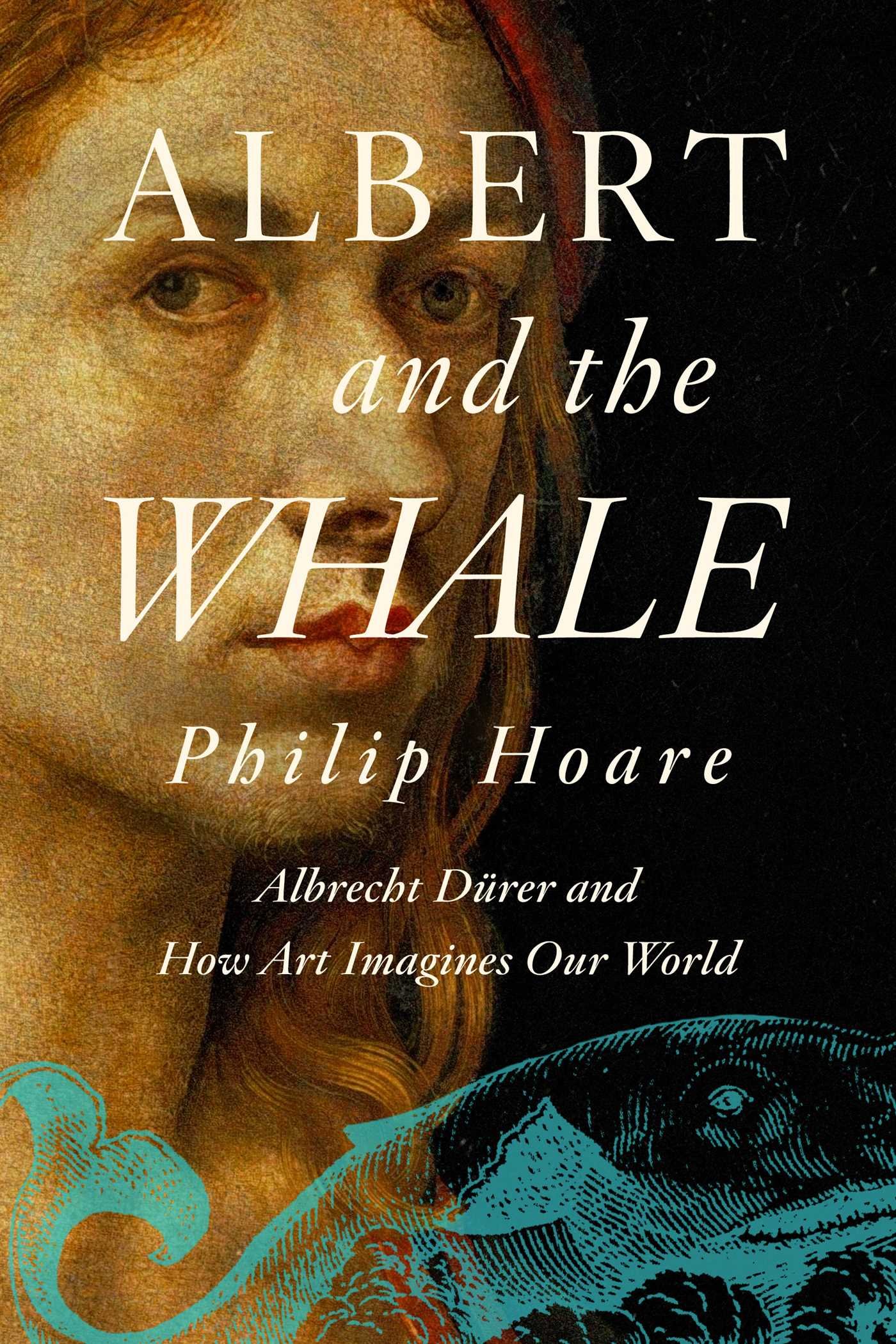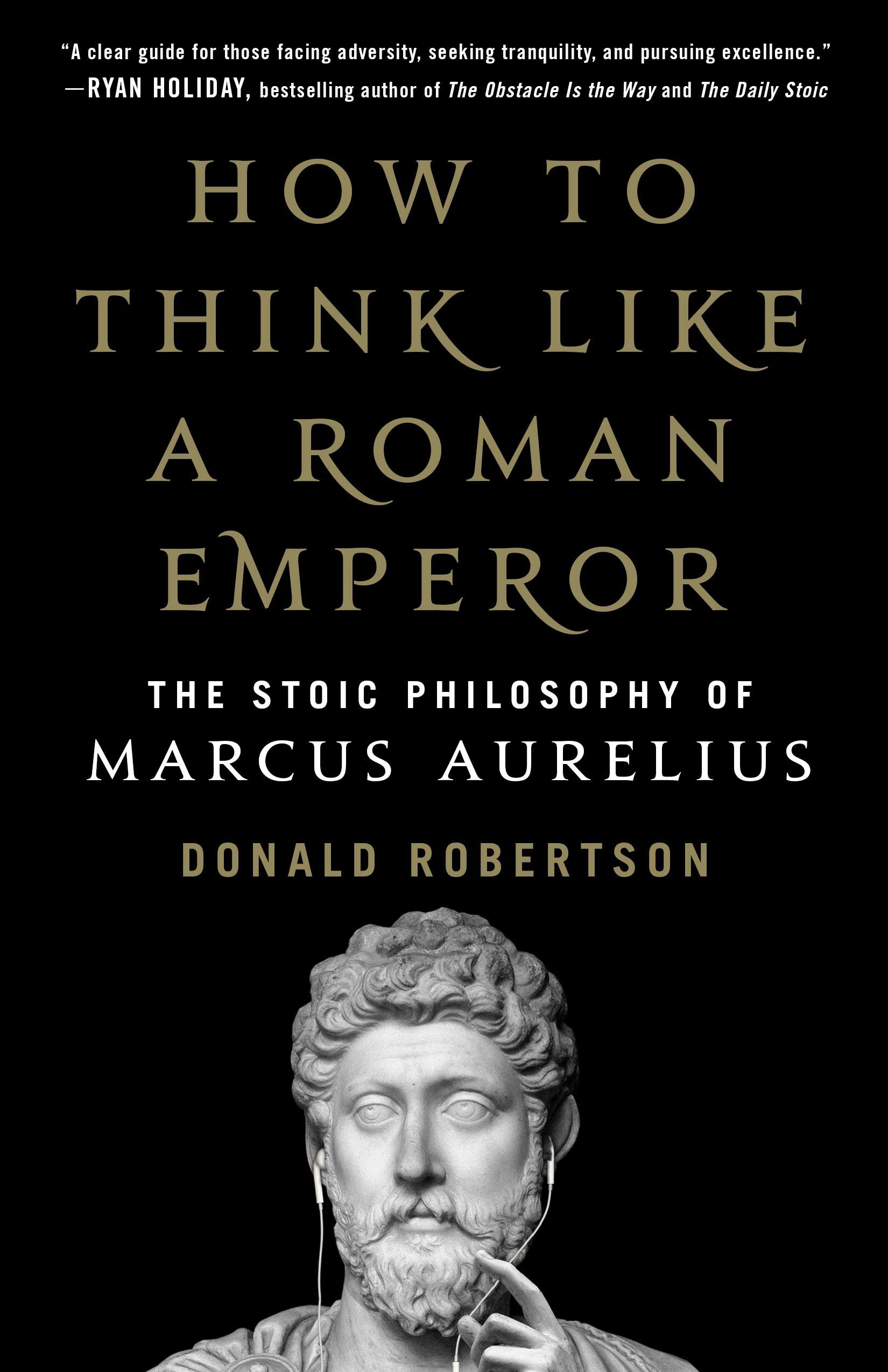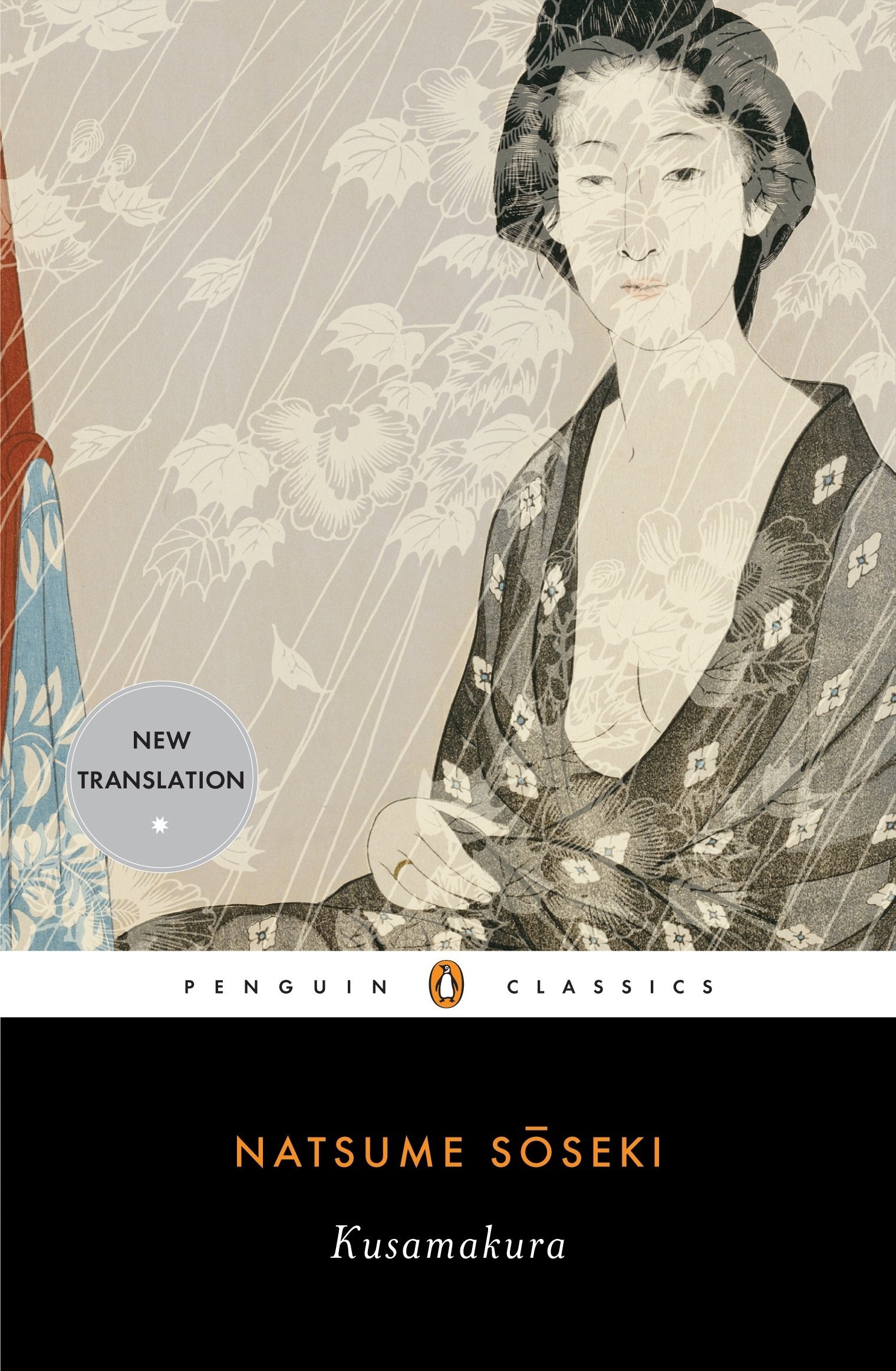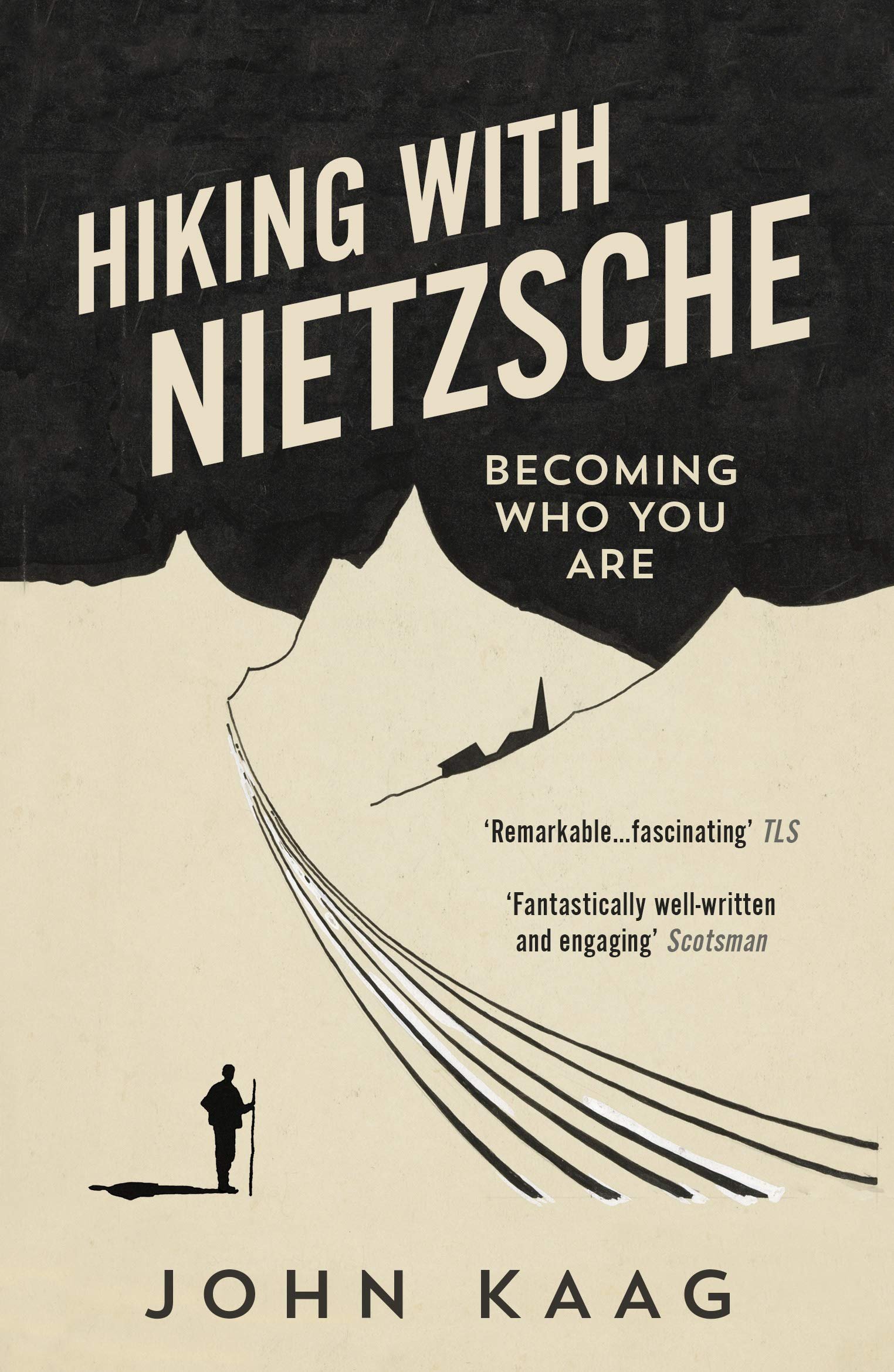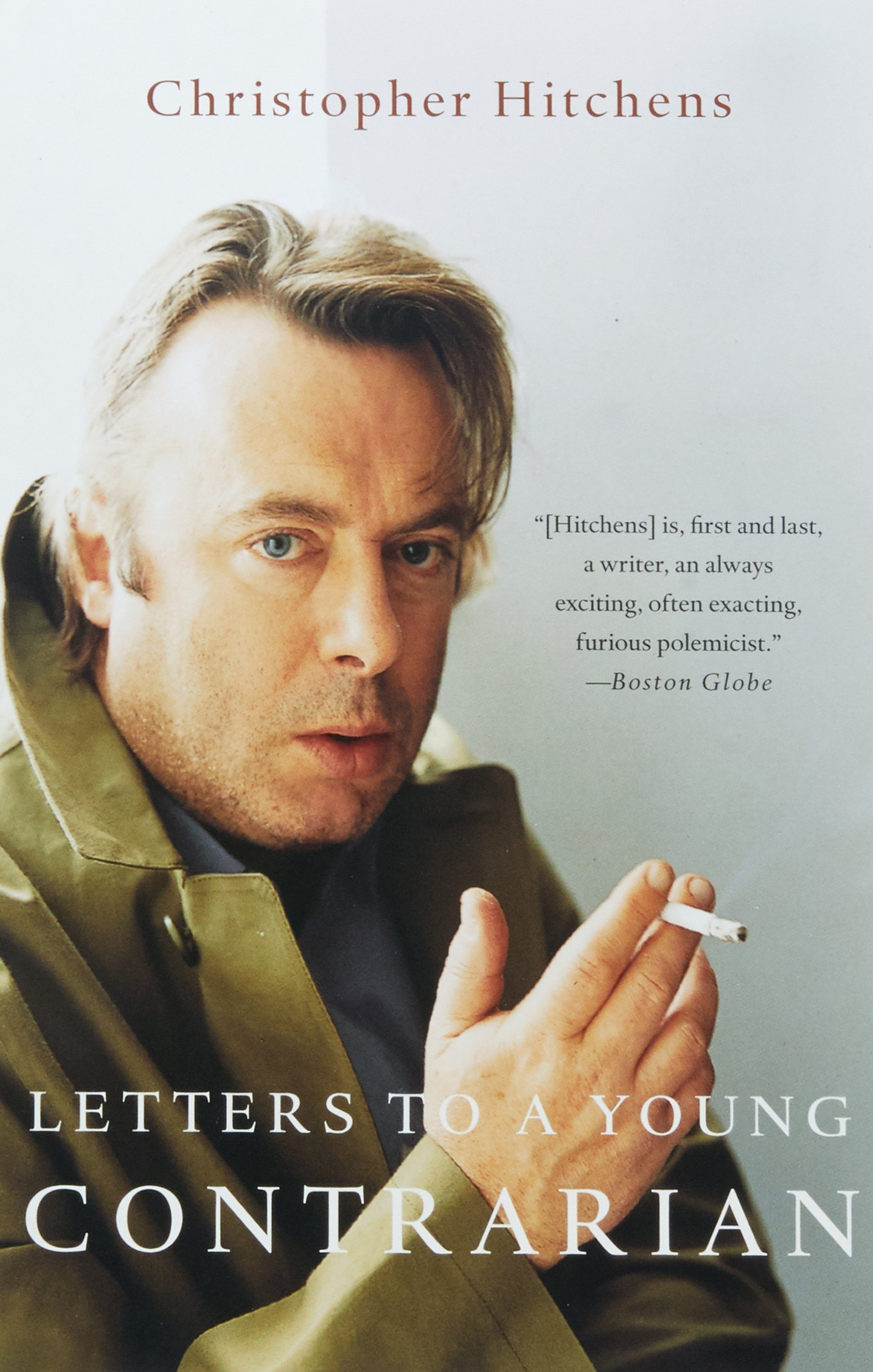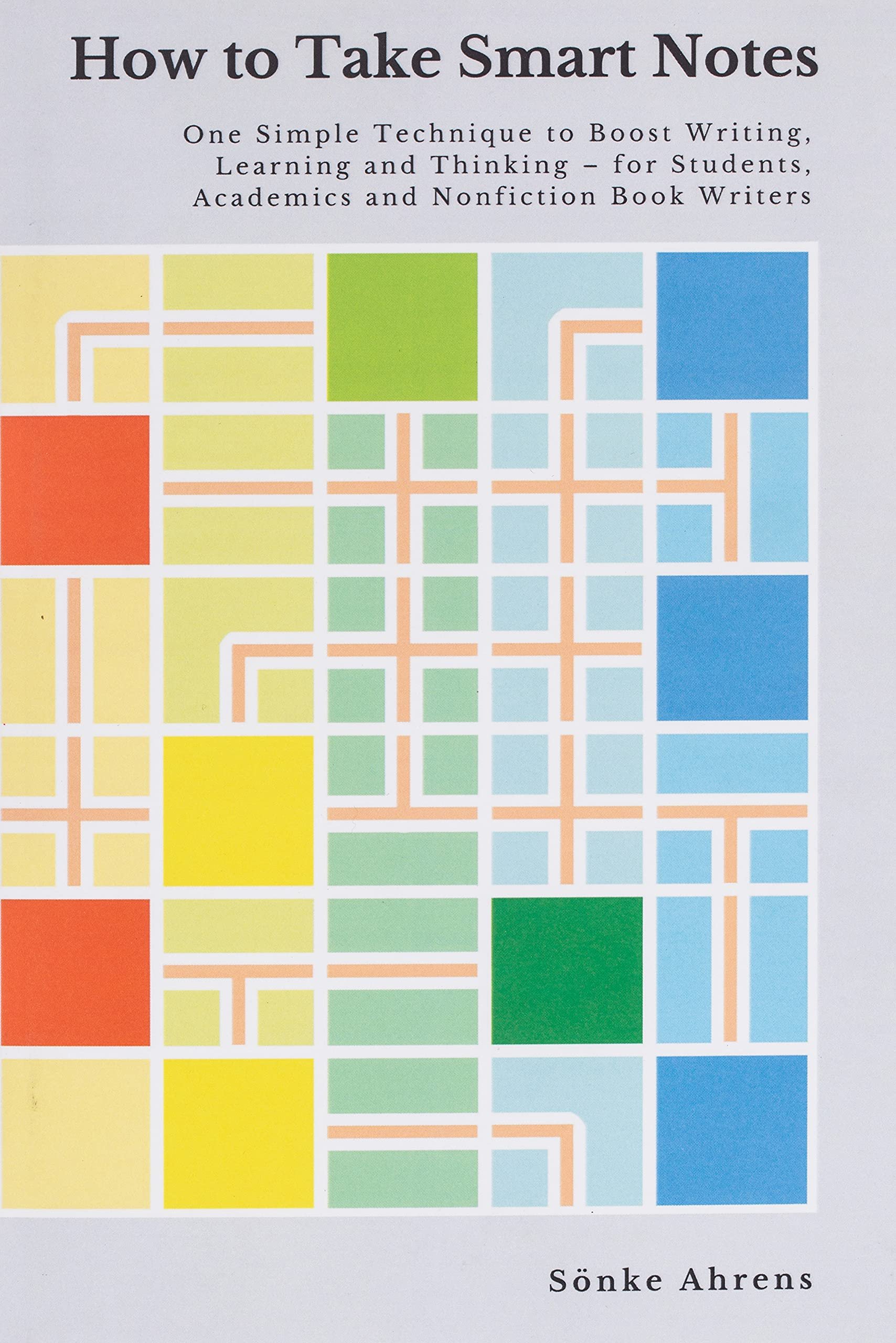Favourite Books of 2021
Dear Readers and Listeners,
I would like to tell you the purpose of creating ‘lists’. I have a feeling that they were so much discredited over the past few years that I am forced to do so.
There are lists with endless number of things out there . They do not discern, or discriminate or filter out superfluous things, which is exactly what ‘a list’ is for.
The essential purpose of ‘a list’ is not to be endless, but to be limited, to draw borders, to help us focus. Otherwise it might become an endless Instagram or Twitter feed, which you can scroll endlessly down.
The list below includes books that I believe changed my way of thinking and helped me through difficult moments of this year.
Walter Isaacson’s ‘The Code Breaker’ introduced to me the world of CRISPR and gene engineering about which I had no idea before. I encountered the name of a brilliant scientist Jennifer Doudna, who, in my opinion, deserves more attention than someone like Elon Musk or Demis Hassabis.
Oliver Burkeman on the other hand reminded me of ‘memento mori’ (remember you must die) and that every moment we should focus on what is truly meaningful for us.
This list is not endless. It is limited by design. I filtered out dozens of books that I thought would be superfluous to include here. It was a pleasure to read those books, to write about them, to film videos around them and to interview their authors.
Thanks to each 3541 of you who subscribed to my newsletter.
I wish you all the best in 2022 and hope the books bellow will be as enjoyable to you as they were to me.
Vashik Armenikus
There Are Places in the World Where Rules Are Less Important Than Kindness
by Carlo Rovelli
Find my favourite quotes, key ideas, and more below 👇👇👇
‘We need scientists in the world, but not a world of scientists.’
Was Nabokov more a scientist than a writer? Why did Sir Isaac Newton spend decades studying alchemy? Why did Einstein make so many mistakes?
Rovelli is one of the best science writers of our day. I have read his books on quantum physics and his brief lessons on physics. They were just wonderful. But this one…
… is an amazing collection of his essays previously available only in Italian. Some of those essays are just 2-3 pages long, but they leave you inspired and excited about being alive, they trigger your curiosity and make you believe that ‘there are places in the world where rules are less important than kindness.
The Code Breaker : Jennifer Doudna, Gene Editing and the Future of the Human Race
by Walter Isaacson
‘We have entered a third and even more momentous era, a life-science revolution. Children who study digital coding will be joined by those who study genetic code.’
Everyone talks about the dangers of Artificial Intelligence, but a much bigger challenge stands in front of us - gene editing. It is no longer a science-fiction.
We will be able to alter our genes and change the way we look, cure diseases and even increase our intelligence.
All these discoveries are possible thanks to Jennifer Doudna, who won a Nobel Prize in 2020 for her discoveries.
This is a very inspiring story of her life written by Walter Isaacson, one of my favourite biographers of our time.
Albert and the Whale: Albrecht Dürer and How Art Imagines Our World
by Philip Hoare
Philip Hoare's book Albert & the Whale is one of my favourite reads this year. This book refuses... rebels!... to be reviewed, because each review is essentially a summary of key ideas written in a book.
And since Philip Hoare's book is a map of the subconscious influences that Albrecht Dürer had on the generation of artists after him, this makes this book really difficult to be summarised in few sentences.
How To Think Like a Roman Emperor
by Donald Robertson
‘A clear guide for those facing adversity, seeking tranquility, and pursuing excellence’ ~ Ryan Holiday, author of The Daily Stoic
It is easy to forget that Marcus Aurelius wrote his Meditations not because he was wise, but because he searched for wisdom. He wrote them not because he was good at dealing with his emotions, but because he wanted to learn to get a grip of them.
Robertson’s biography shows the human side of the philosopher-king Marcus Aurelius. The man who went through lots of traumas and hardships. Who, as any of us, had his anxieties and fears, but learned how to control them.
Four Thousand Weeks
by Oliver Burkeman
“Productivity is a trap. Becoming more efficient just makes you more rushed, and trying to clear the decks simply makes them fill up again faster… Since finitude defines our lives… living a truly authentic life — becoming fully human — means facing up to that fact.”
I have calculated how many weeks have passed since I was born. I am 32 right now, so that means that I am on my 1668th week.
If my life was a film that would mean that I have already watched 45percent of it, since the average lifespan today consists of 4000 weeks.
I would recommend you to try to calculate your number of weeks as well. It will put many things into perspective. Once done, you start to ask yourself questions of what really matters to you.
It will also remind you that life is not infinite, as sometimes it might seem. There is no productivity hack that will allow you to achieve in life everything that you dream of. What you can do, however, is focus on one (or two, if you’re lucky) truly meaningful things and work on it.
Burkeman’s books was eye opening for me.
Kusamakura by Natsume Sōseki
The only fiction book on this list. Perhaps, I should revisit my ‘reading list’ and include more fiction books.
Although I think that the line between fiction and non-fiction is very blurry. Fiction books can explain to us about reality and experience more than any non-fictions ones.
And this is what Kusamakura does. It is a story of a man who retreats into a deserted located in the mountains. Throughout his travel, he is having a deep inner conversation about what it means to be an artist and how one should observe this world.
I have written a piece about this book on Medium, where I compare Western view on poetry with the Japanese view.
The Bookseller of Florence by Ross King
As it often happens, when a new religion or ideology takes over the minds of people, the first thing that it tries to do is to eliminate the traces of its predecessors.
When Christianity took over Rome and Europe many works of philosophy and art were either destroyed by neophytes or were simply neglected and not taken care of.
This book is about 14th and 15th century manuscript hunters. Those who travelled across Europe to find lost works of philosophy and literature.
Incredibly engaging read. I would recommend you to listen to my interview with Ross King if you have some time. It is one of my favourite conversations I had this year.
Hiking with Nietzsche by John Kaag
‘Wagner & Nietzsche shared a deep contempt for the rise of bourgeois culture, for the idea that life, at its best, was to be lived easily, blandly, punctually by the book.’
~ John Kaag, Hiking with Nietzsche.
It’s such a thought-provoking book dense with ideas, but ‘dense’ not in a sense of being blandly academically written, but ‘dense’ in a sense that it requires you to pause, to think, to absorb and integrate the idea into yourself and then move forward.
I’ve been thinking about the sentence that I quote above for years now. I am terrified when I see people who pursue easy, bland, punctual life. People who seek pleasure in entertainment than in beauty.
I am terrified not by them, but by the thought that I might become like them too. That I can focus on meaningless routines, which accelerate the speed of time, and could make me stop appreciating true feelings voiced in poetry.
In his ‘Birth of Tragedy’ Nietzsche quotes the story of King Midas and a satyr called Silenius.
Midas asks Silenius to explain the meaning of life. To which Silenius replies:
“What is best of all is utterly beyond your reach… But the second best is to die soon.”
It’s a dark and a morbid story, but I like stories like this, they reveal the truth that we often try to hide. There is not much choice in life… either to face the challenges and become who we truly are, or lead the life of easy, but callous and soulless entertainment.
Letters to a Young Contrarian
by Christopher Hitchens
Recently I have realised that it has been exactly 10 years since Christopher Hitchens passed away (15th of December 2011).
We all have our idols, individuals whom we would like to imitate, to be similar to, whom we admire. And it is useful to pause from time to time and ask yourself: Why do I admire this person? What of their qualities I would like to emulate from them?
I admire Hitchens for his intellectual honesty. You could disagree with him, but you still continued to respect him, because you knew how much research, reading and thinking he had done to hold one opinion and not the other.
That’s why there are still so many comments underneath his videos of people saying: ‘I miss Hitch so much’. (literally underneath each video).
We miss intellectuals who held honest well-researched opinions that we could trust. We miss people who could be genuine contrarians.
Hitch is no longer with us, but he has left enough written and recorded evidence for us to attempt intellectual honesty that he had.
How to Take Smart Notes
by Sönke Ahrens
The subtitle of this book explains everything:
One simple technique to boost your writing, learning and thinking - for students, academics and non-fiction book writers.
This book is focused on Zettelkasten system of note-taking, which was practiced by many prolific academics and writers throughout history.
For many years, I read books with a pencil in my hand, highlighting interesting passages and ideas, in the hope that in the future I will use them if I decide to write a book or an article, but…
…as it often happened, I forgot about those notes the moment I finished reading a book.
My note taking was inefficient, unfocused and messy in general. Sonke Ahrens’ book had an enormous impact on my reading habit and in a way I focus on ideas and absorb them.




